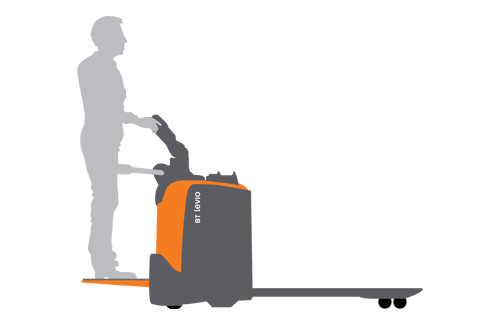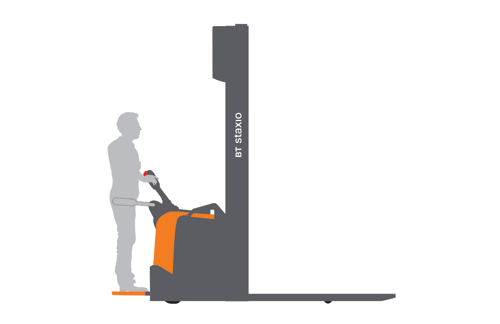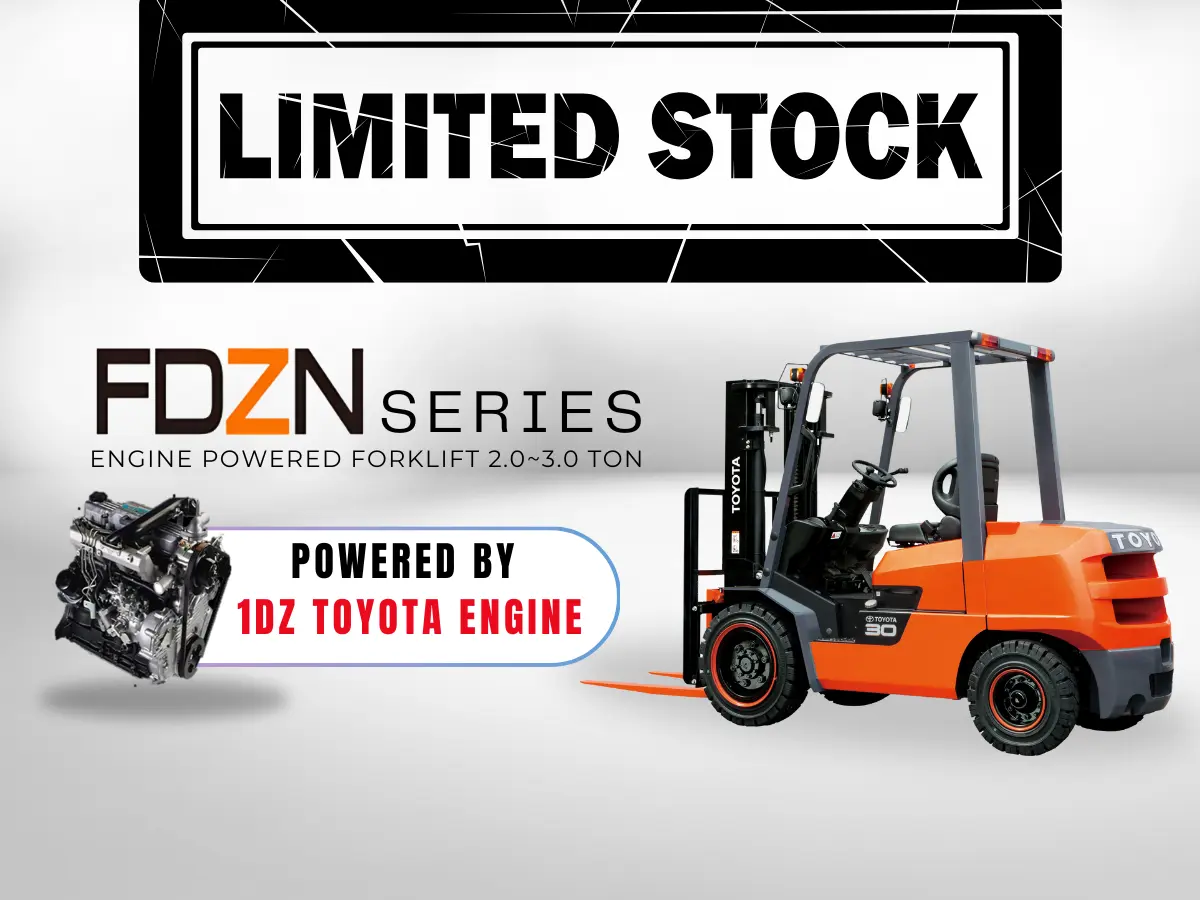Textile Industry
Textile Industry
Textile manufacturing is a highly specialized industry with unique material handling requirements. The production process involves the transformation of raw materials into various textile products such as fabrics, garments, and accessories. Efficient Toyota material handling equipment make sure the smooth flow of production and safe movement of material.
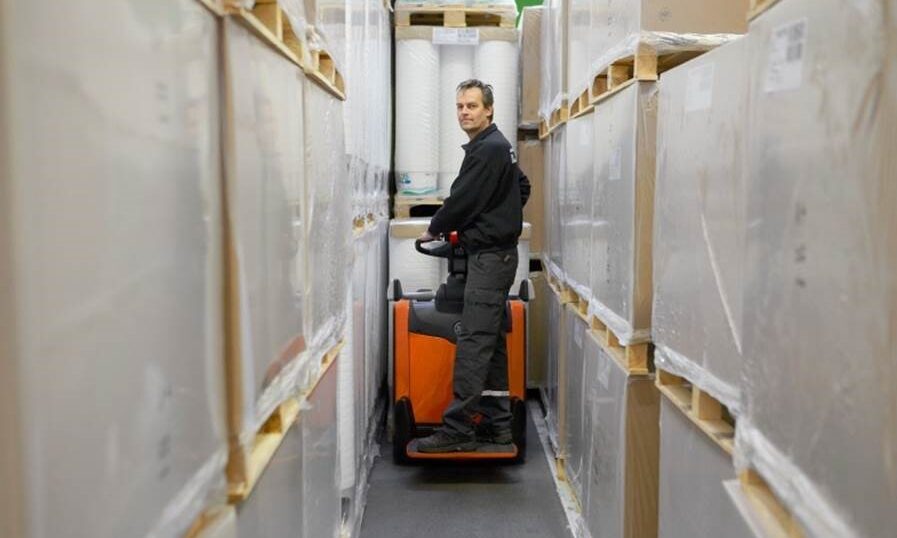
Roll Handling and Transport
In textile manufacturing, the primary task is often the handling and transportation of rolls of fabric. Electric forklifts equipped with specialized roll handling attachments excel in safely moving and stacking fabric rolls. Powered pallet trucks are essential for swiftly transporting these rolls from storage to the manufacturing area. Additionally, stackers can be employed for vertical storage, enabling efficient organization of rolls at various heights within the facility. These machines collectively streamline roll handling operations while minimizing the risk of fabric damage.
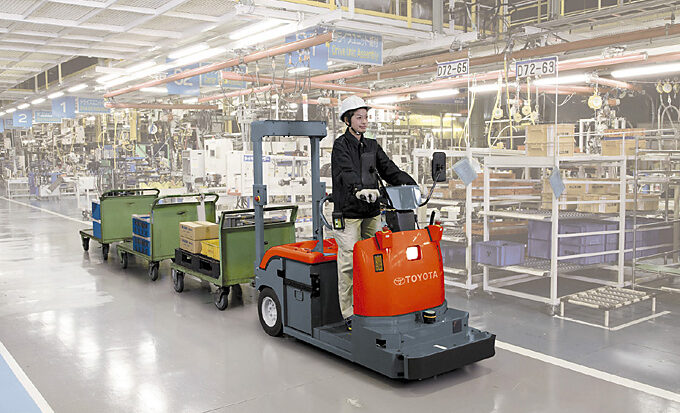
Assembly Line Support
Textile production frequently utilizes assembly lines for efficient manufacturing processes. To facilitate this, electric forklifts are utilized for quickly and safely picking up and delivering textile components from storage to the assembly line. Powered pallet trucks can aid in transporting smaller components and materials to various workstations along the assembly line, ensuring a seamless flow of production. Stackers can also assist in organizing and accessing materials as needed for the assembly process.
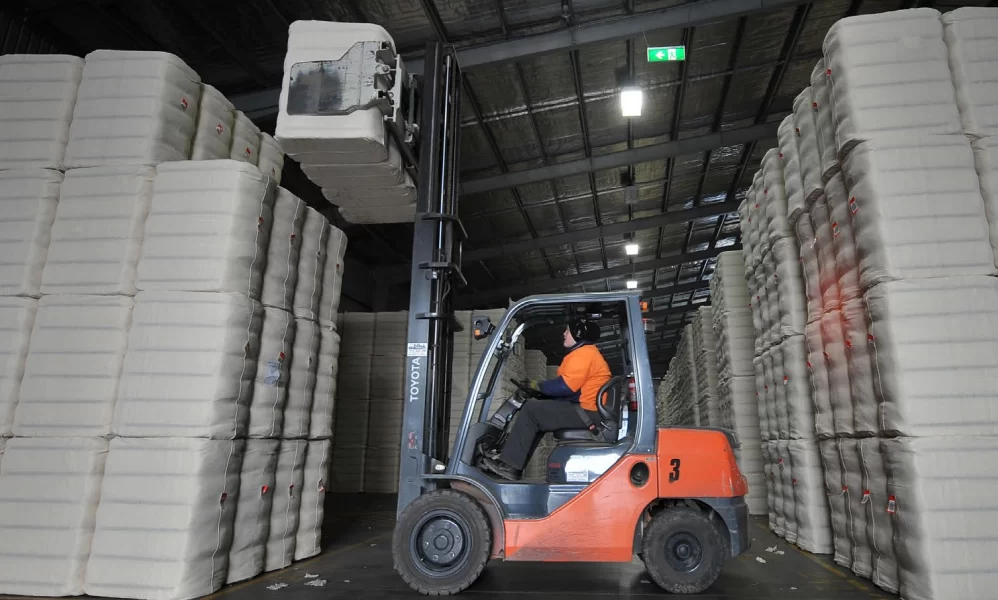
Custom Attachments
Beyond standard material handling tasks, the textile industry may require custom attachments to handle specialized materials or equipment. Electric forklifts can be adapted with custom attachments such as fabric clamps for gentle handling of delicate textiles or specialized cranes for lifting and positioning heavy textile machinery. Powered pallet trucks can also be modified with attachments for specialized picking or transportation requirements. Stackers can be equipped with adjustable forks to accommodate different material sizes and shapes. These customizations enhance the versatility and efficiency of material handling within textile manufacturing facilities.


